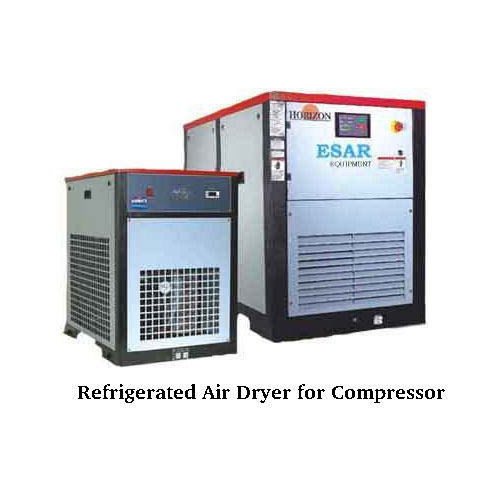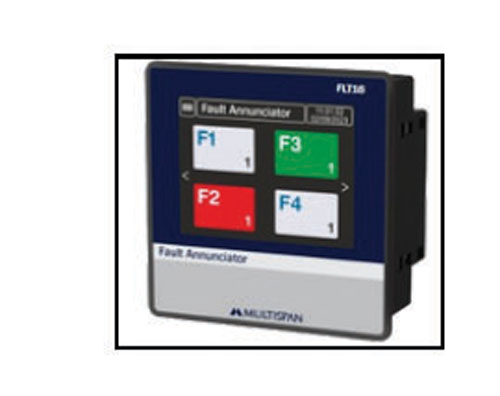Schedule a Call Back
Doing Mergers & Acquisitions in India: A Guide to Entrepreneurs
 Technical Articles
Technical Articles- Oct 21,10
Introduction
Entrepreneurs in India are today faced with a serious challenge of understanding the area of corporate laws that govern business and corporate entities in India. We, as corporate lawyers, have had the experience of dealing with clients from large to mid-sized to small enterprises that grapple with the idea of how corporate laws affect their expansion plans or plans to allow foreign investment into their companies. Currently, the Indian policy on foreign investments allows for both inbound and outbound investments. As a direct consequence, we have seen a steep rise in the merger and acquisition activities between Indian and overseas companies. Liberalisation of the economy has made India a favourite investment destination among major business players across the globe. But this does not take away from the fact that India has a complex set of legislations and there is no single work of law that enables entrepreneurs to fully and comprehensively appreciate the interconnect between the different laws and the foreign investment.
A merger or an acquisition deal between Indian entities or between an Indian entity and a foreign entity are governed by Indian domestic law. The aim of this series of articles is to discuss educate the reader on certain key issues that would affect merger and acquisition transaction. Although the article will have a specific focus on merger and acquisitions issues in light of a foreign investment, it will have some take away points for domestic transactions as well. The article series is an attempt to provide business enterprises with an access point to the area of corporate laws and foreign direct investment policies. The first article of the series this month deals with the general idea of mergers and acquisitions and corporate vehicles that may be used to bring the foreign investment.

Mergers &Acquisitions: Preliminary Views
Often, in common parlance, the terms merger and acquisition are used synonymously but in fact these words mean different things. While there are various kinds of merger and acquisition transactions possible, we can safely conclude that the principle aim of acquisition is to obtain control over the target whereas the principle behind merger is synergy.
Even in terms of the law, the structuring and regulatory issues that an acquisition transaction is faced with are significantly different from that of a merger transaction. Strangely enough, the Indian law also does not define anywhere the terms "mergers" or "acquisitions".
The theoretical idea of a merger is that two entities, which are of the same size, come together to function as a single new entity and cease to exist as a separate entities. Thus a merger is often referred to as a "merger of equals." The stocks of both entities are surrendered and the stocks of the new entity are issued. Merger transactions seek to create increased shareholder value and are based on the reasoning that the two companies coming together as one entity is more valuable than to exist as separate companies. In a typical merger transaction, large, market-strong companies buy other small/medium sized companies to create a more competitive and cost-efficient company. The incentive for a small company to enter such transaction is that it will gain a greater market share and/or will achieve greater efficiency.
On the other hand, in an acquisition transaction one company takes over another and establishes itself as the new owner of the acquired company. From a legal point of view, the target company ceases to exist, the buyer "swallows" the business and the buyer's stock continues to be traded. An acquisition transaction is far more complex and involves a lot of preparatory work such as conducting a due diligence process, entering into a memorandum of understanding, defining the parties' contractual obligations and structuring exit options.
Corporate entities also have the option of undertaking a joint venture transaction, whereby two or more businesses of companies come together for a specific purpose and incorporate a new company. Joint ventures are formed when enterprises decide to enter a new business or a new market and joint venture partners are also looked upon to provide expertise and skill for the business.
Choice of Corporate Vehicles
In order to undertake a merger or an acquisition transaction, it is essential to have a corporate vehicle through which the transaction can occur; the Indian corporate world has limited choice in this regard.
While, a private and public company are incorporated under the provisions of the Companies Act, 1956 ("Companies Act"), a partnership is registered under the Partnership Act, 1932. More recently, the limited liability partnership has been introduced in India by the Limited Liability Partnership Act, 2008, which is hybrid between a company and a partnership, which we will discuss separately. The choice of the entity is generally determined by factors such as taxation, limitation of liability and convenience. Incorporating a company, whether private or public is a common corporate structure as opposed to having a partnership because a company is a separate legal entity from its members and has perpetual succession.
Incorporating a private company is seen as a more favourable vehicle as opposed to a public company since it is not as stringently regulated as a public company is and it is a far simpler process to incorporate a private company. We have listed below some of the key requirements laid down by the Companies Act in relation to private and public companies:
(Nusrat Hassan and Aishwarya Natarajan work with D.H. Law Associates as partner and senior associate respectively. D.H. Law Associates is an International business law firm with corporate commercial practice as its forte. The authors would be happy to hear from the readers. They can be reached at nusrat@dhlawassociates.com or aishwarya@dhlawassociates.com or through their corporate website www.dhlawassociates .com)
Related Products

Indexing Socketing Machine
Eskay Engineers offers a wide range of
indexing socketing machine model (110-180 & 63-180).

Refrigerated Air Dryer for Compressor
Esar Engineerig offers refrigerated air dryer for compressor.

Fault Annunciator
Insys Electrical & Controls offers a wide range of fault annunciator.
















